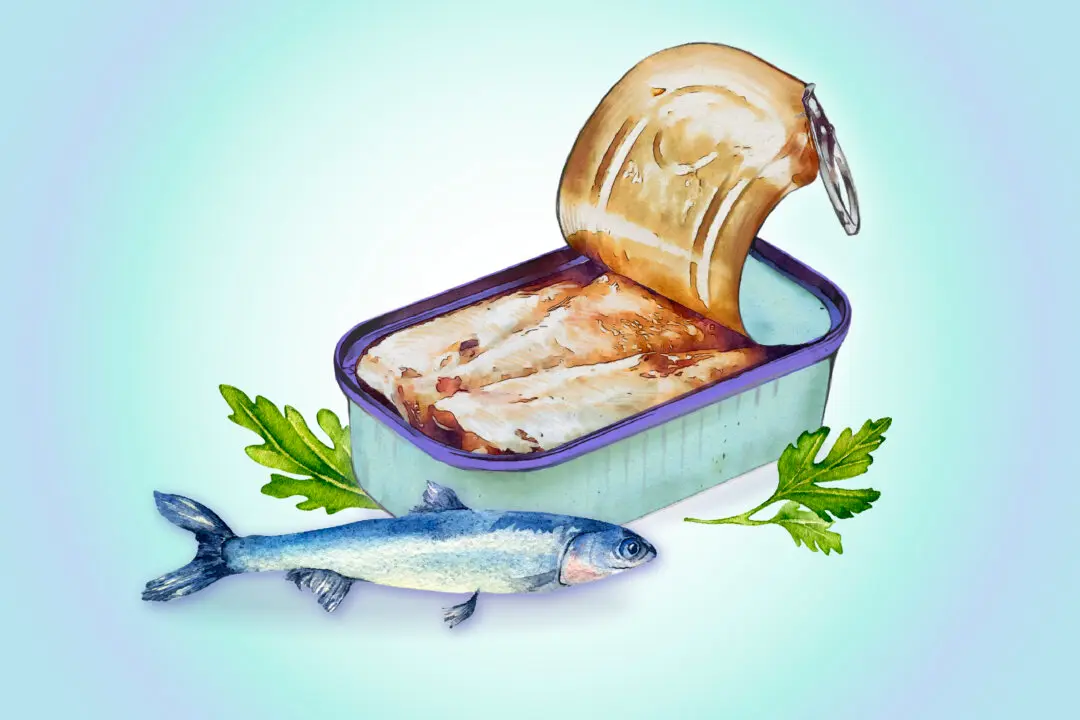If you are what you eat, your skin may be a direct reflection of what’s going on inside your body. What we fill our plates with could significantly affect the health and appearance of our skin.
A comprehensive review published in Nutrients last month explores the link between certain foods and acne. The evidence suggests that specific dietary components can lead to acne, one of the most common skin complaints. The review found that dairy, fried foods, alcohol, gluten, eggs, corn, sweets, and soft drinks may all play a role in the development and exacerbation of the condition.






